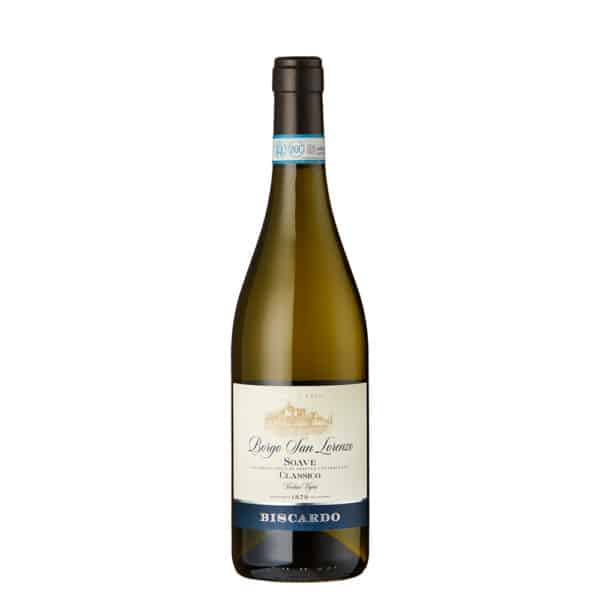Bibimbap is a vibrant and hearty Korean dish that beautifully showcases a medley of flavours and textures. Traditionally served in a hot stone bowl, it features a base of warm rice topped with an array of sautéed vegetables, a protein—often beef or tofu for a vegetarian option—and a dollop of spicy gochujang sauce. This dish not only reflects the rich culinary heritage of Korea but also embodies the philosophy of balance and harmony in food. With its colourful presentation and diverse ingredients, bibimbap is a delightful choice for both casual dinners and special occasions, making it a perfect candidate for a thoughtful wine pairing.
Origins of Bibimbap with Tofu
Bibimbap, a beloved Korean dish, traces its roots back to the late 19th century, during the Joseon Dynasty. Originally a simple farmer’s meal, it was a way to utilise leftover ingredients, combining rice with a variety of vegetables, meats, and a fried egg. The name bibimbap literally means ‘mixed rice’, reflecting the dish’s essence of harmony through diverse flavours and textures. Over time, it has evolved into a symbol of Korean cuisine, celebrated for its vibrant presentation and nutritional balance.
Flavour Profile of Bibimbap with Tofu
Bibimbap with tofu is a delightful medley of flavours and textures that makes it a standout dish. The warm, fluffy rice serves as a comforting base, while the sautéed vegetables bring a vibrant crunch and earthy sweetness. Tofu adds a subtle creaminess, absorbing the rich, umami notes from the gochujang sauce. Each bite is a harmonious blend of spicy, savoury, and slightly nutty flavours, making it a versatile dish that pairs beautifully with a variety of wines.
Considerations When Matching Wine with Bibimbap with Tofu
When pairing wine with bibimbap featuring tofu, consider the dish’s vibrant mix of flavours and textures. The variety of vegetables and the umami from the tofu call for a wine that can complement rather than overpower. Look for a wine with balanced acidity to cut through the richness of the dish, while also being mindful of the spice level if you choose to add gochujang. A lighter-bodied option can enhance the freshness of the vegetables, while a hint of fruitiness can harmonise with the overall profile. Ultimately, the key is to find a wine that elevates the dining experience without overshadowing the unique characteristics of this beloved Korean dish.
Recommended Wine Matches for Bibimbap with Tofu
This Mosel Riesling offers a lovely balance of acidity and sweetness, which complements the spicy and savory elements of bibimbap beautifully. Its fruity notes of peach and apricot, along with a hint of minerality, enhance the dish without overpowering it, making it a delightful pairing.
A classic Burgundy Pinot Noir brings elegant red fruit flavours and a refreshing acidity that harmonises with the various textures and flavours in bibimbap. Its subtle earthiness and soft tannins allow it to mingle well with the dish’s rich ingredients, including the tofu.







